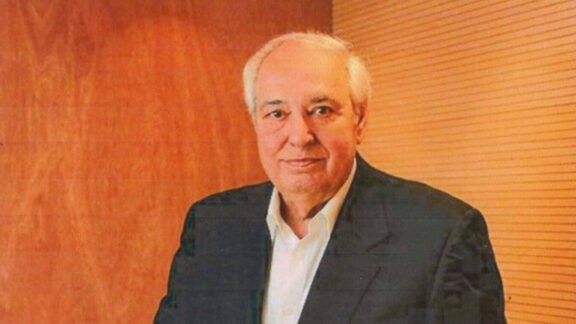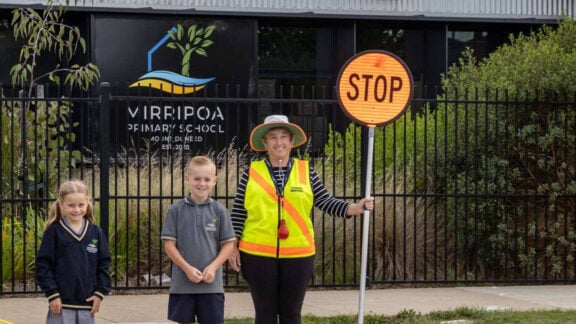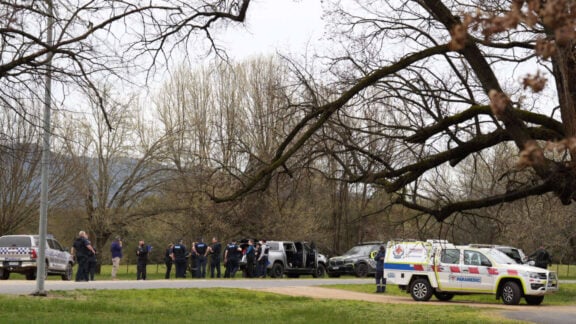While Greece basks in what will be its most profitable summer since before the economic crisis hit, Tourism Minister Olga Kefalogiannis has warned property owners who rent out unlicensed holiday accommodation that their tax-free days are numbered.
In July the Confederation of Greek Tourism Enterprises (SETE) revised its projections for 2014 – from 18.5 million to 19 million arrivals (excluding 2.2 million on cruise ships). Airline bookings are up 25 per cent, with island airports reporting major increases in traffic.
As the season reaches its peak this month, Kefalogiannis says her ministry is ramping up efforts to rein in rogue landlords, and that a new wave of inspections – coupled with clearing the backlog of violations – has already raised over €2m.
Owners who make properties available for rent without a licence face fines of up to €50,000.
“We have accelerated the process of collecting fines…” said the minister, but she added inspections alone were not enough.
“The most important thing is to cultivate a good work ethic among everyone involved in tourism. We must finally reach a stage of maturity.”
Meanwhile the Greek Hoteliers Association estimates that about 45,000 unlicensed tourist residences in Greece (made up of villas, apartments and rooms) are on average 23 per cent cheaper than similar licensed accommodation, and will earn around €1 billion in 2014; none of which will be taxed.
Speaking to Neos Kosmos, Roslyn Geronikolas, owner of three upmarket (and licensed) hotels in Rhodes and Kastelorizo, said that the letting of unlicensed accommodation undermines not just the Greek state, but the industry and its customers.
“Licensed hotels are continually checked by the authorities to ensure they comply with health and safety regulations, where it’s doubtful that non-licensed establishments comply,” said the Perth-born Geronikolas.
While home-owners renting out rooms away from the prying eyes of regulation is a global phenomenon, Geronikolas says it’s particularly noticeable on Greek islands like Kastellorizo. “They don’t declare, and of course they don’t pay taxes,” she said.
Fellow Aussie operator Nick Geronimos, owner of Athens Studios and Backpackers in Makrygianni – a stone’s throw from the Acropolis – says unlicensed accommodation in Greece has had a new lease on life since websites like Airbnb and WIMDU appeared, which allow independent travellers to rent private homes and rooms direct.
“The issue isn’t only in Greece, it’s a worldwide problem,” says Geronimos.”
“These websites have created a shadow hotel industry, leading to a loss of tax revenue to the government and a diminution of standards.”
The Athens hotelier says issues around service, cleanliness and security in the unlicensed sector should be of concern to everyone, and that he applauds the Greek government’s efforts to clean up the industry.
“All legitimate operators in Greece are subject to regular checks to ensure health and safety of clients and staff, and we have to compete with people who don’t pay tax, and who in many cases, have a very low quality product.”
Most concerning of all, he says, are the new generation of internet services such as the Couchsurfin’ website – a combination of accommodation exchange and social networking portal. “Using this service is at a high personal risk,” warns Geronimos.
“Travel like a local, stay in someone’s home and experience the world in a way money can’t buy”, promises the sales pitch of US-owned Couchsurfing company, but with a number of incidents involving criminal activity, the unregulated status of accommodation offered might well give you an experience you could do without.
With the Greek government encouraging the creation of a ‘mature’ tourism industry, wrestling with virtually unregulatable effects of globalised peer-to-peer platforms is a trickier proposition altogether.






